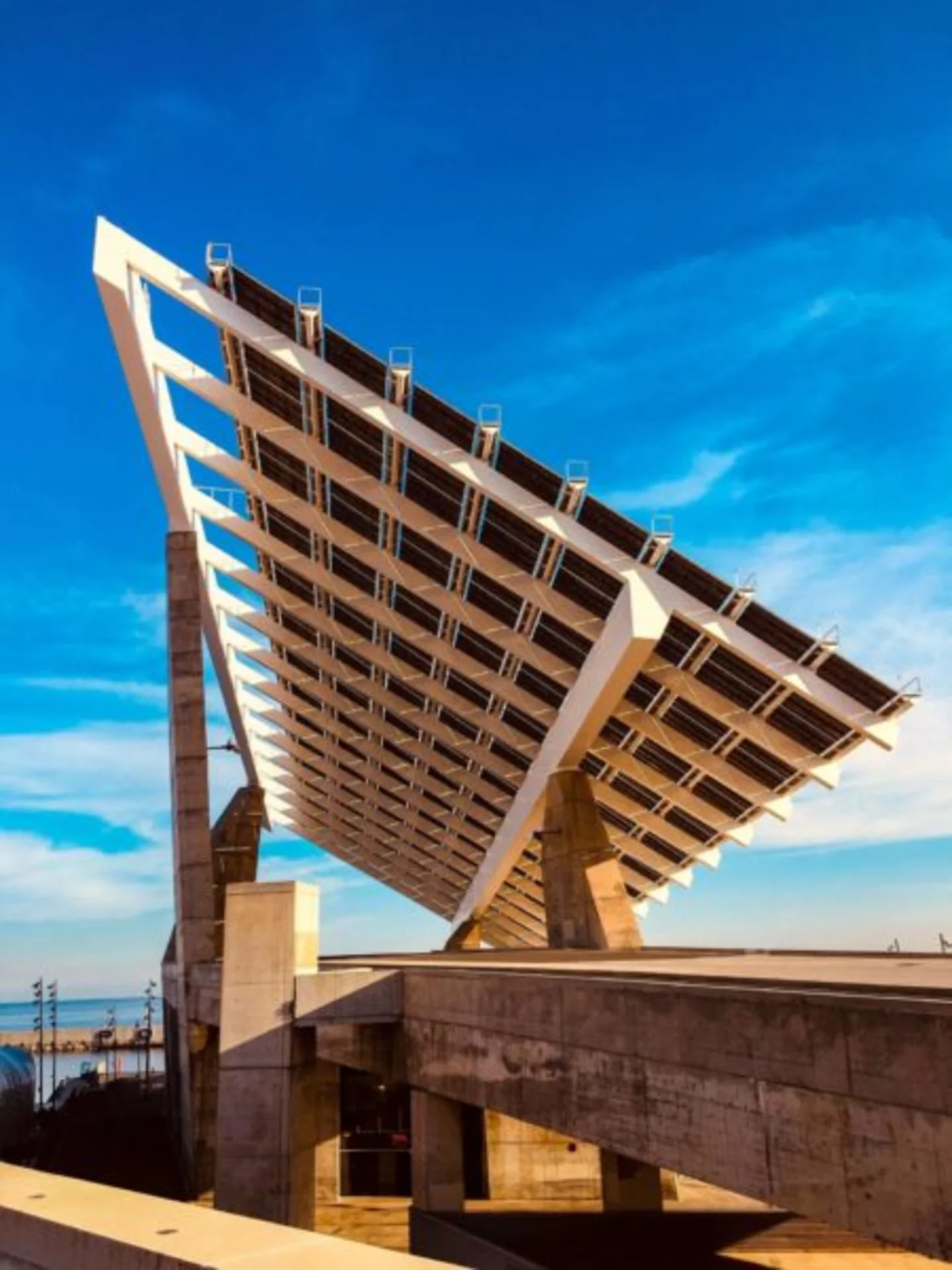Frequently Asked Questions
Have Questions?
Check out some of our most frequently asked questions below. Need more help? You can contact us by clicking the contact button below.
Going solar can significantly reduce your electricity bills, decrease your carbon footprint, and potentially increase the value of your property. It’s a sustainable and cost-effective way to generate clean energy.
Solar panels work by converting sunlight into electricity through photovoltaic cells. These cells generate direct current (DC) electricity, which is then converted into usable alternating current (AC) electricity by an inverter.
The cost of solar panels varies based on factors such as system size, location, and panel type.
You can also take advantage of no upfront cost through financing options available from our partners. You can contact us for more information.
Prime Energy is a trusted solar installer known for its expertise, quality installations, and excellent customer service. Their experience ensures a smooth transition to solar energy with reliable results.
Yes, solar installations can be designed to blend seamlessly with your home’s aesthetics. Advanced technologies allow for sleek and low-profile solar panel options.
Yes, in the long run, you can save money on electricity bills. With incentives, tax credits, and reduced reliance on the grid, solar can be a cost-effective energy solution.
Yes, solar panels still generate electricity on cloudy days, although at a reduced efficiency. They can still contribute to your energy needs even when the sun is not shining brightly.
Solar panels typically last 25 to 30 years or more.
The energy output depends on factors like system size and location. On average, a residential solar system can meet a significant portion of your energy needs.
Financing options include loans, leases, and power purchase agreements (PPAs). Many governments also offer incentives and tax credits to make solar more affordable. You check out more financing options by contact us(clickable).
If you move, you can either transfer the solar system to the new property, negotiate its inclusion in the home sale, or work with the installer to find a suitable solution.
Net metering is a billing arrangement where you receive credits for excess electricity your solar panels generate and feed back into the grid. These credits can offset your electricity bills when your panels are not producing energy.

